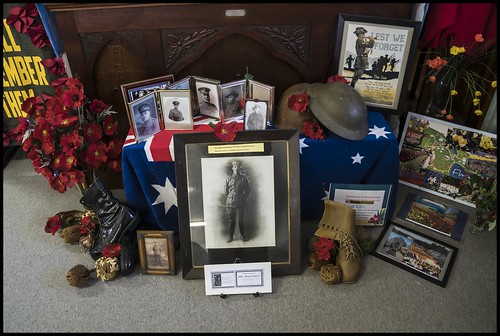Remembrance Day: What does Lest We Forget mean and where does it come from?
Lest We Forget #LestWeForget

This weekend will mark the 104th annual Remembrance Day, a day to honour members of the armed forces who died in the line of duty.
The memorial day is marked by poppywearing, parades, wreath layings and a two-minute silence at 11am on November 11.
And emblazoned on war memorials and poppy badges is the phrase “Lest We Forget”, which has a history going back before both World Wars.
According to the Merriam-Webster dictionary, the meaning of the phrase “Lest We Forget” is “it should not be forgotten”, meaning that we should not forget the sacrifice made by fallen military personnel.
The phrase was coined almost two decades before the start of the First World War in a poem written by Rudyard Kipling for Queen Victoria’s Diamond Jubilee.
The poem, Recessional, was five stanzas long comprised of six lines each. It was first published in 1897.
It was not about remembering fallen soldiers or national sacrifice but warned of the perils of imperialism, written during the height of the British Empire, and recommended putting trust in God.
Despite this, the phrase, used eight times in the poem, has been adopted as part of Armistice Day traditions and is often added on to the end of other remembrance poems such as For The Fallen by Laurence Binyon.
“Lest We Forget” is often seen inscribed on war memorials, graves, poppy badges and other remembrance items.
This Remembrance Day, King Charles and Queen Camilla will unveil a statue of Queen Elizabeth and Prince Philip before they attend the Festival of Remembrance at the Royal Albert Hall.
And on Sunday, November 12, the King will lead the National Service of Remembrance at the Cenotaph on Whitehall with 10,000 veterans expected to take part in the Royal British Legion March Past.